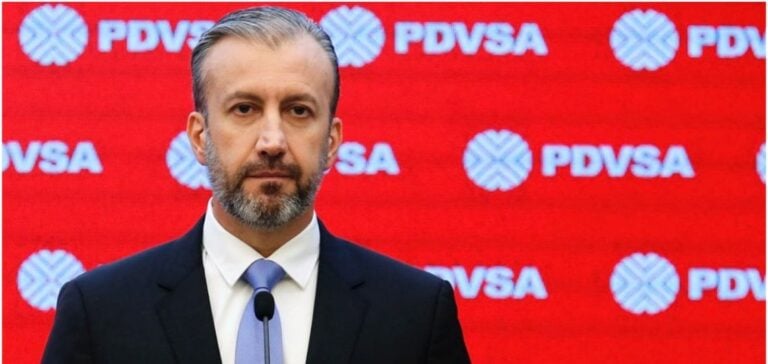Tareck El Aissami, a prominent figure in Venezuela, has been arrested for major corruption in the oil industry. Attorney General Tarek William Saab laid out the details in Caracas, demonstrating the scale of the charges against El Aissami and his associates, Simon Zerpa and Samark Lopez, involving a colossal misappropriation of funds from Petroleos de Venezuela (PDVSA).
Details of the charges and the players involved
El Aissami, former oil minister and vice-president, along with Simon Zerpa, former economy minister, and financial operator Samark Lopez, face multiple serious charges, including “treason, misappropriation of public assets, influence peddling, money laundering and criminal conspiracy”. They face up to 30 years in prison for these offences, with evidence of their involvement in massive financial losses for PDVSA.
Political influence and economic implications
El Aissami’s disappearance from the public scene had fuelled a variety of rumours, from his death to his hypothetical flight abroad. His arrest appears to be linked to Nicolas Maduro’s electoral strategies, aimed at mobilizing the Chavista electorate ahead of the presidential elections. According to Luis Salamanca, a doctor in political science, the move is designed to bolster Maduro’s campaign with a visible fight against corruption.
Cryptocurrencies and corruption
Under El Aissami’s leadership, the Venezuelan regime adopted cryptocurrencies to dodge US financial sanctions, creating an environment conducive to massive corruption. The 2020 law, criticized for its lack of safeguards, facilitated huge financial abuses, leading to an estimated loss of nearly $17 billion for PDVSA in unregulated crypto transactions.
The Tareckazo affair, nicknamed after Brazil’s defeat at the Maracanazo, reveals the depths of corruption in Venezuela and highlights the challenges the country continues to face. This internal purge could redefine Venezuela’s political and economic landscape, particularly against a backdrop of economic crisis and international sanctions.






















